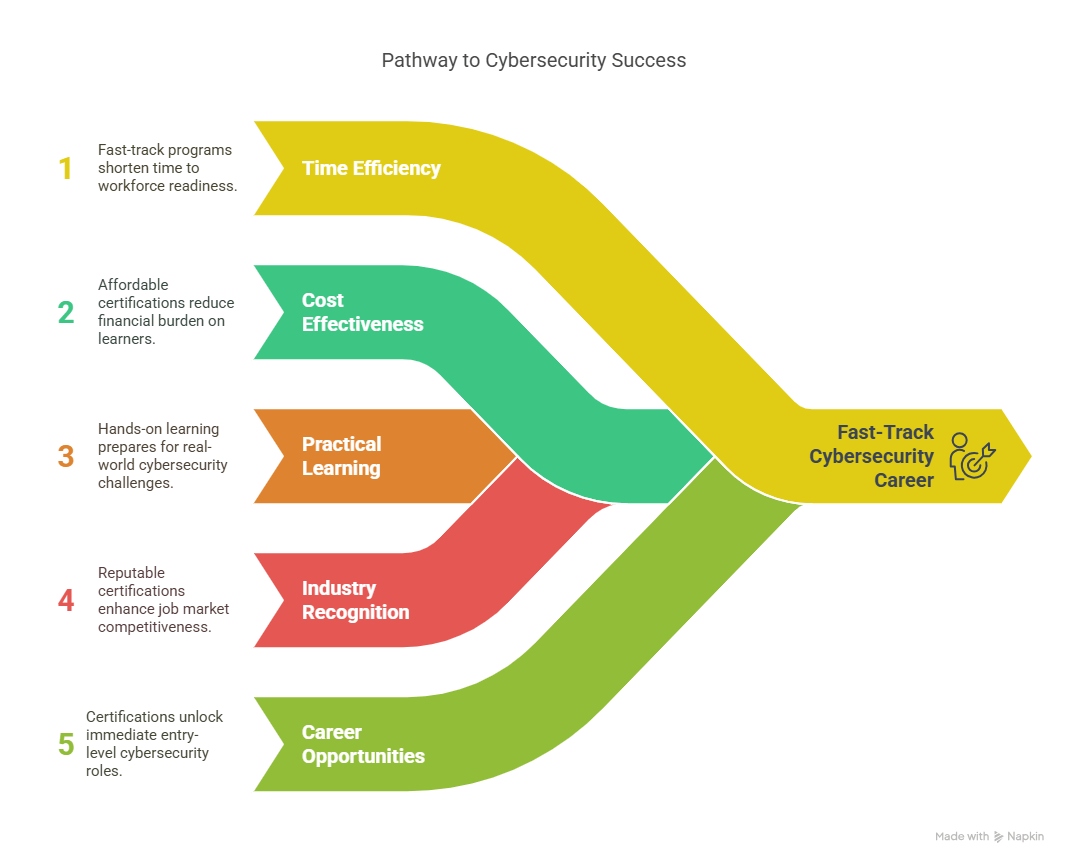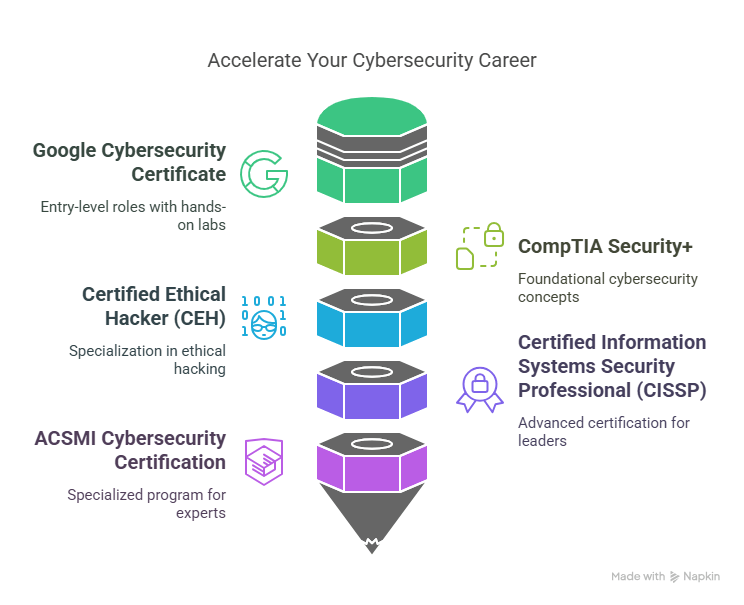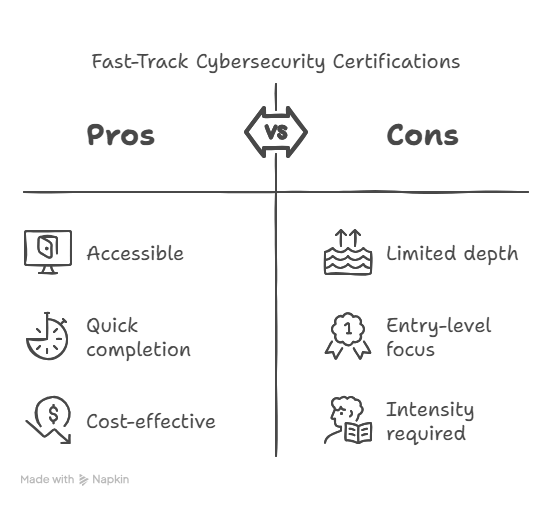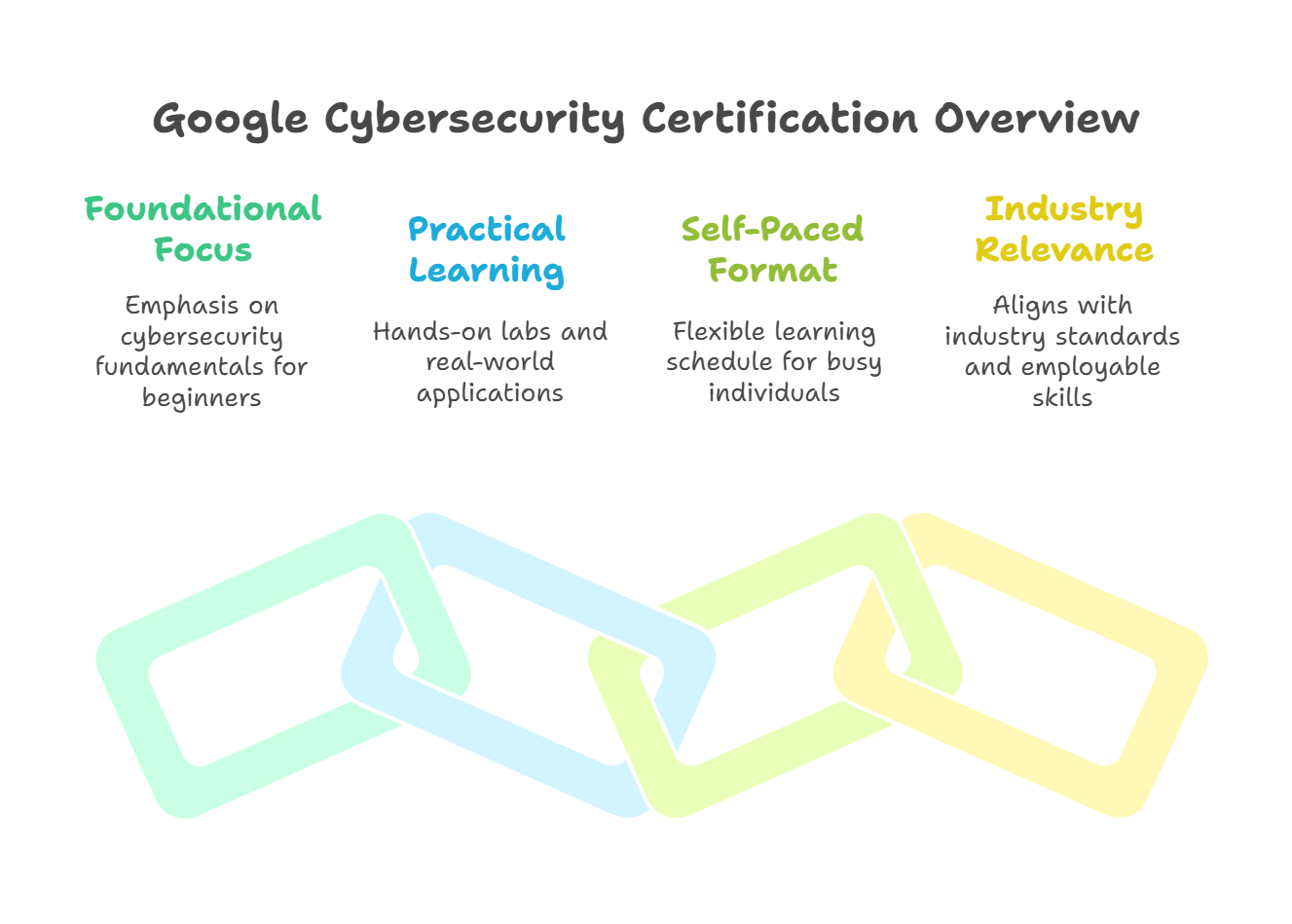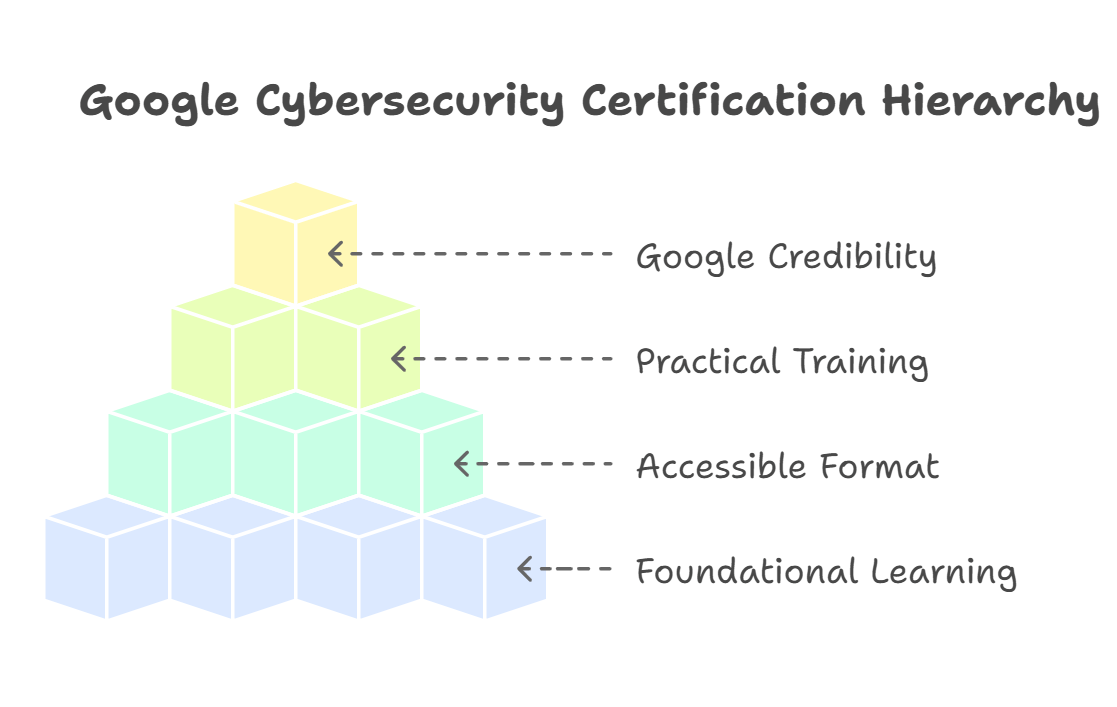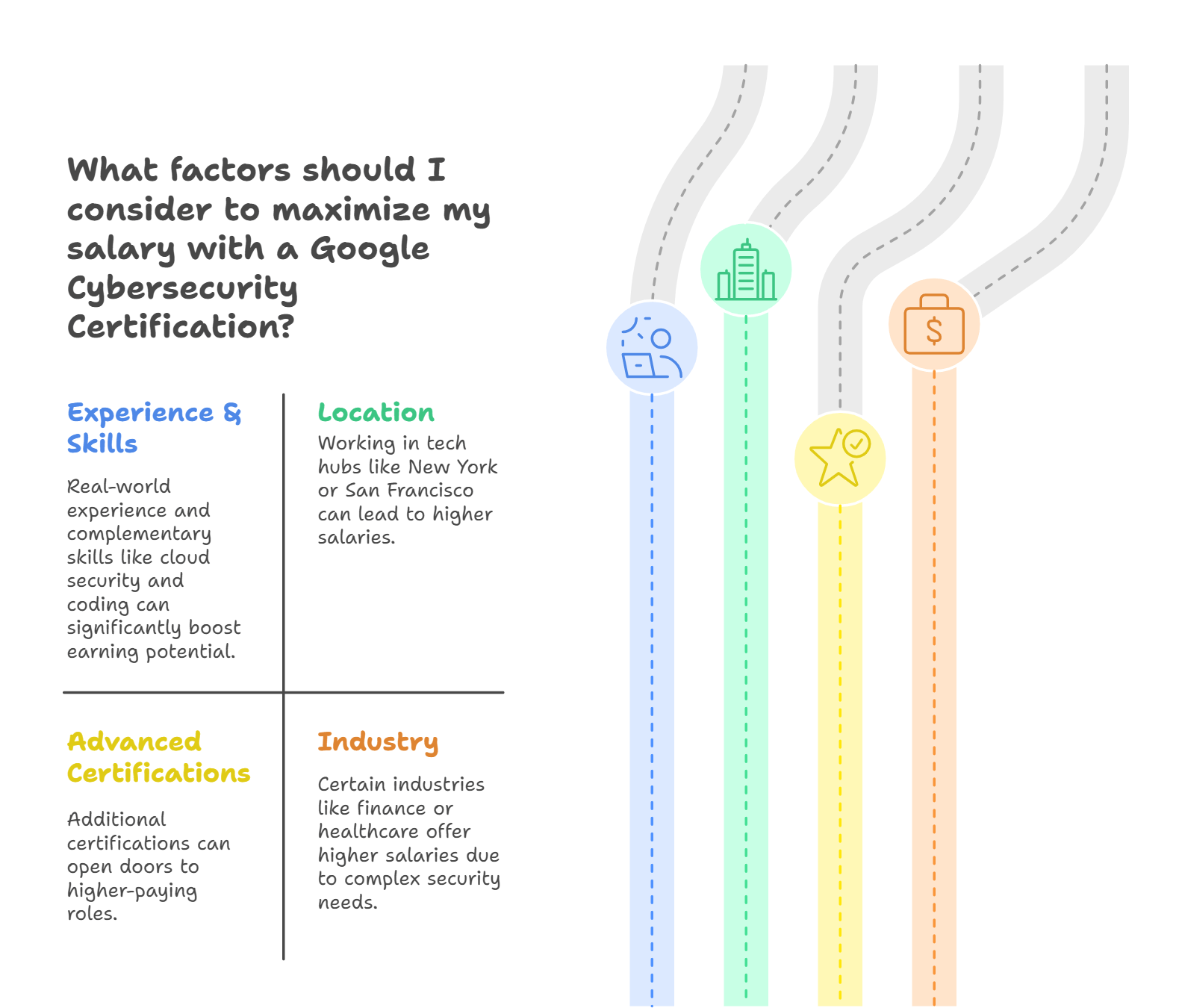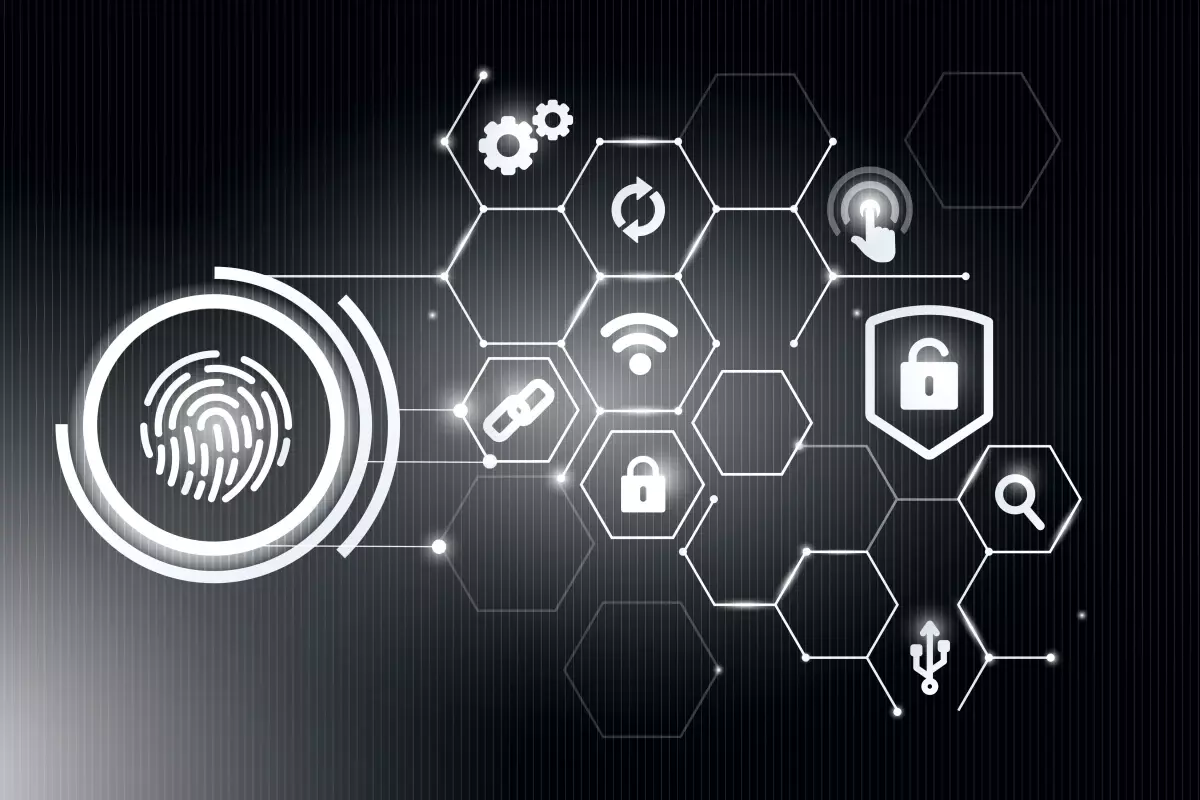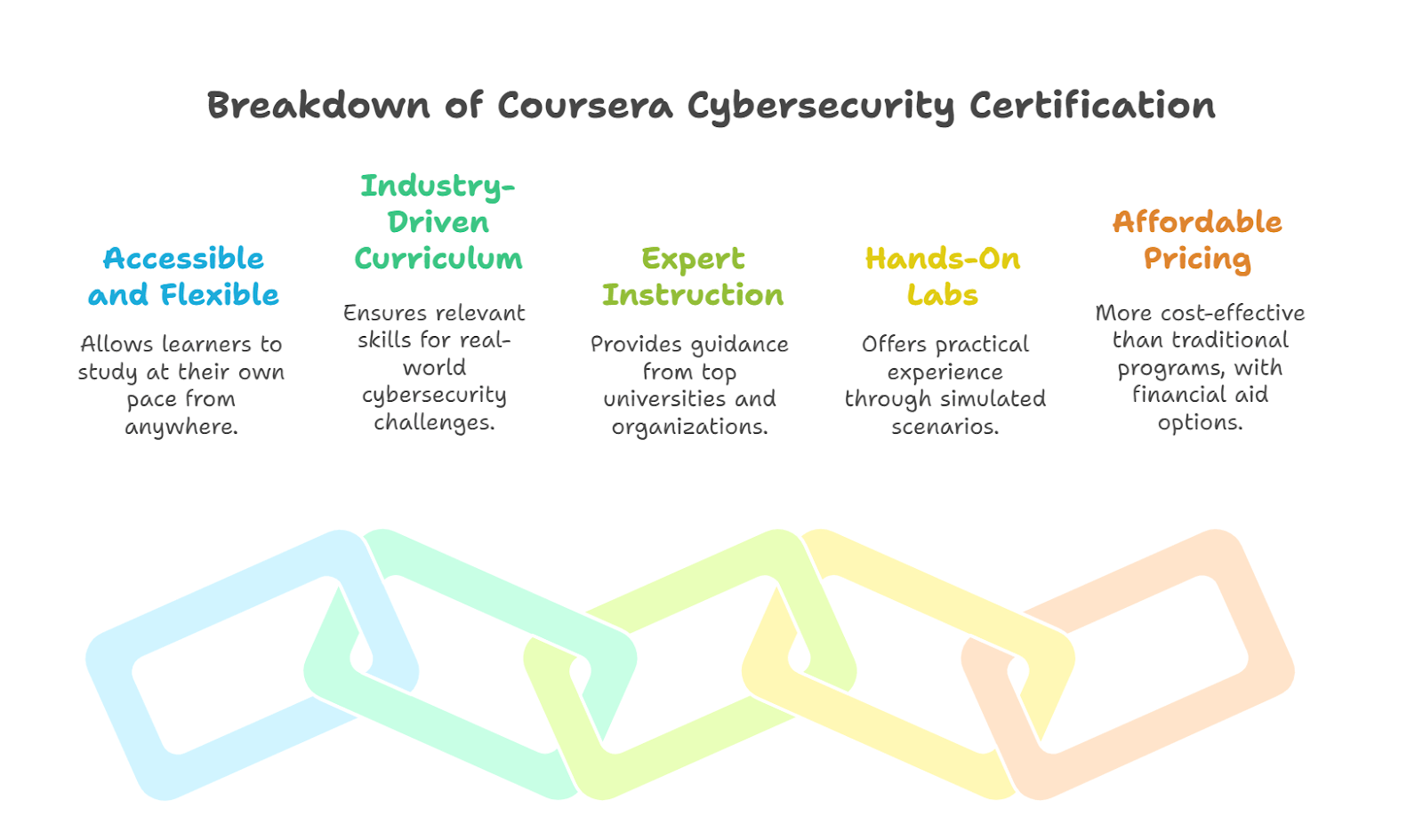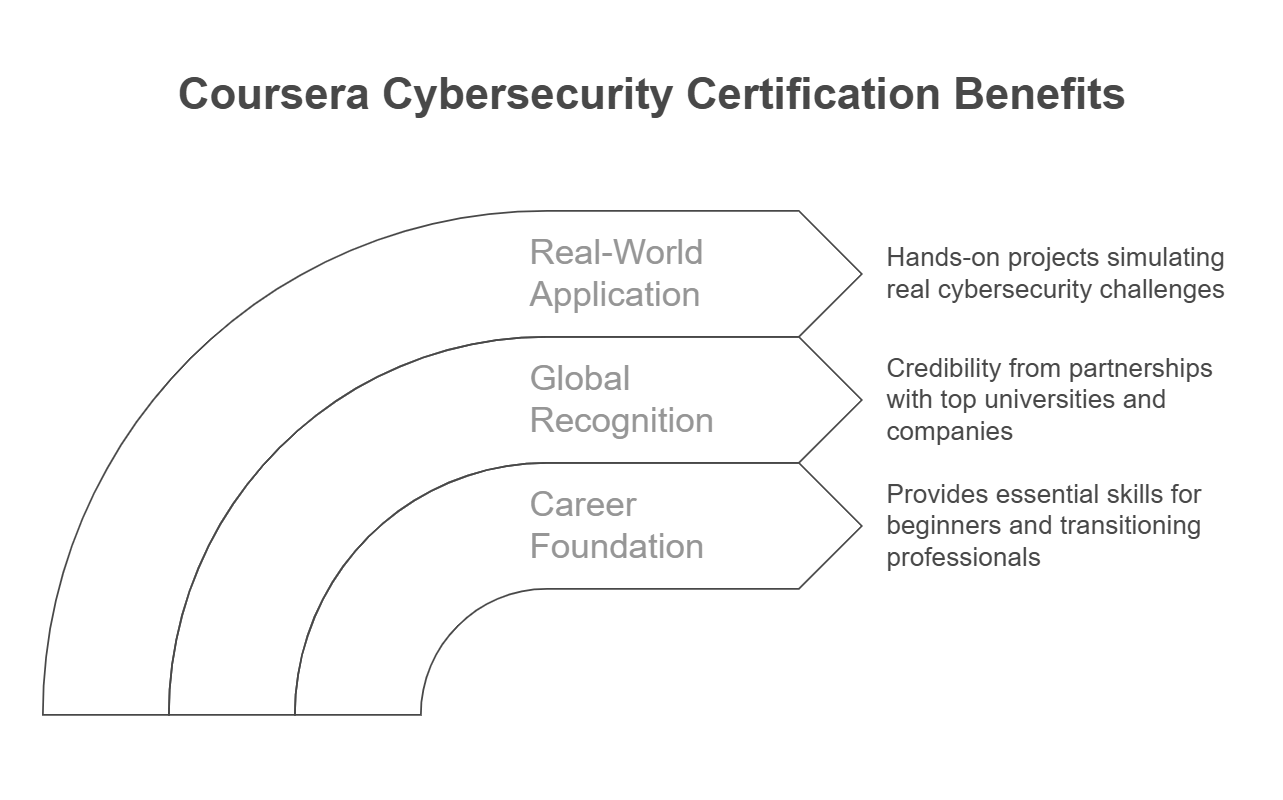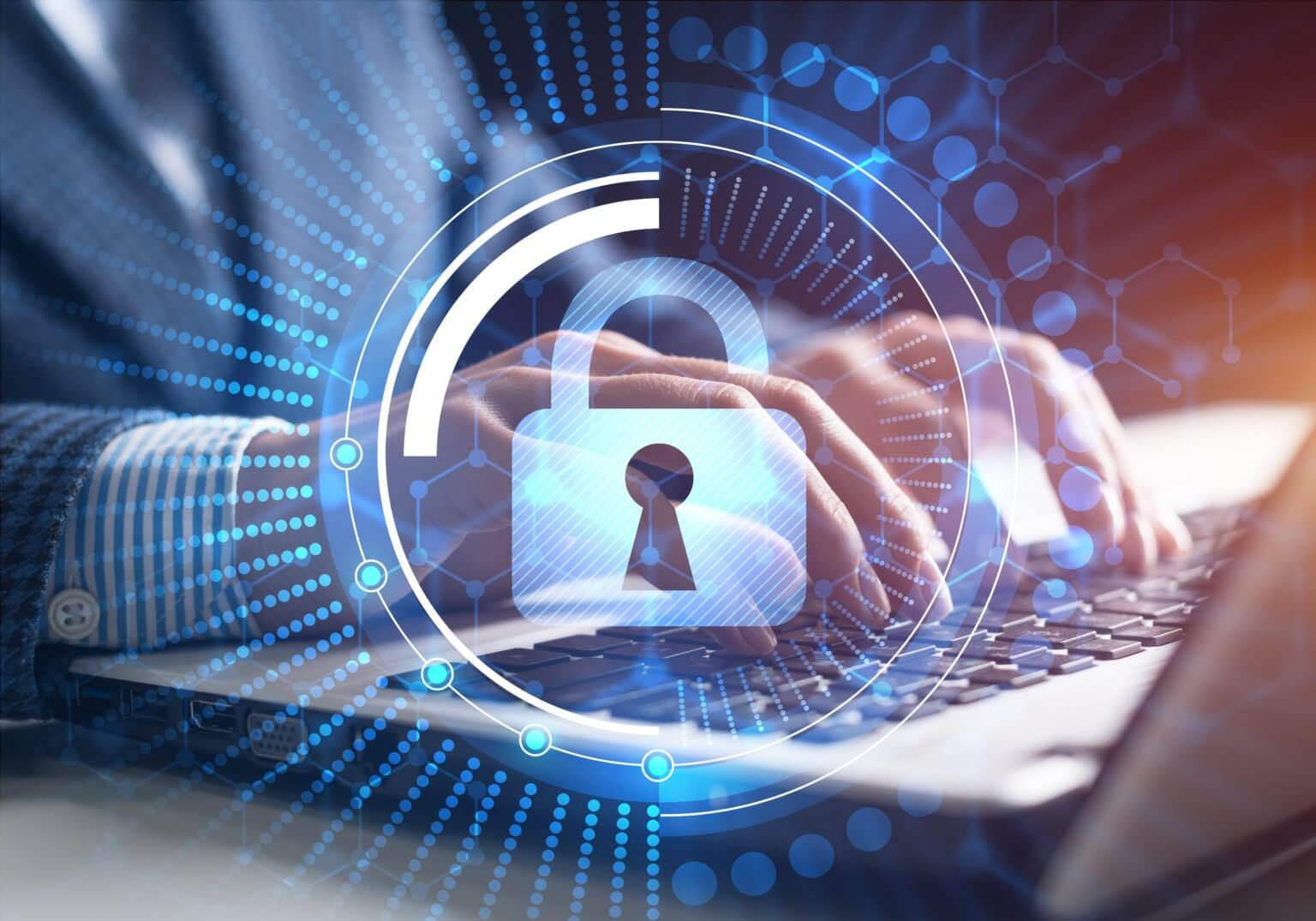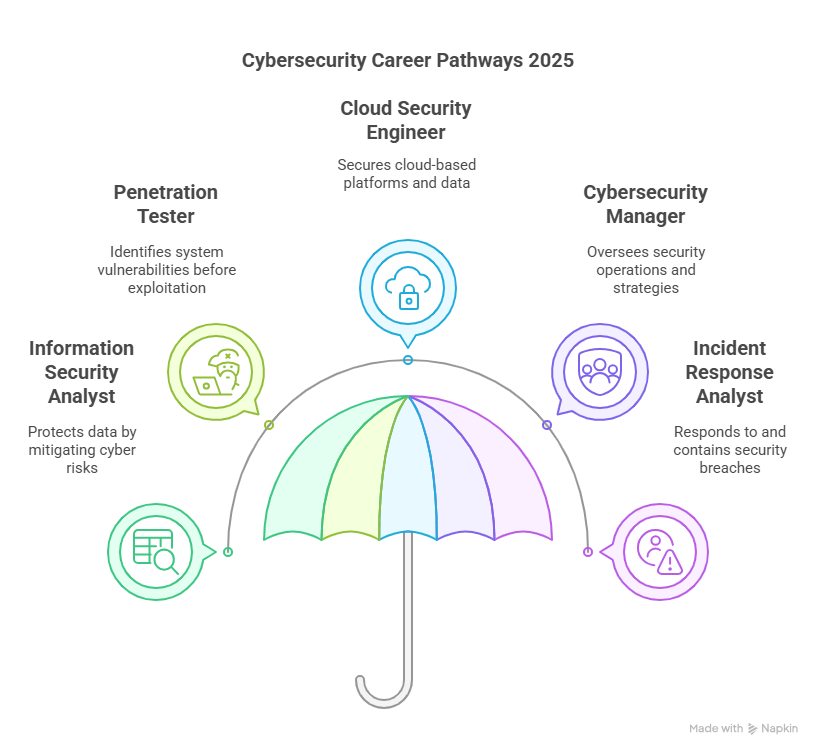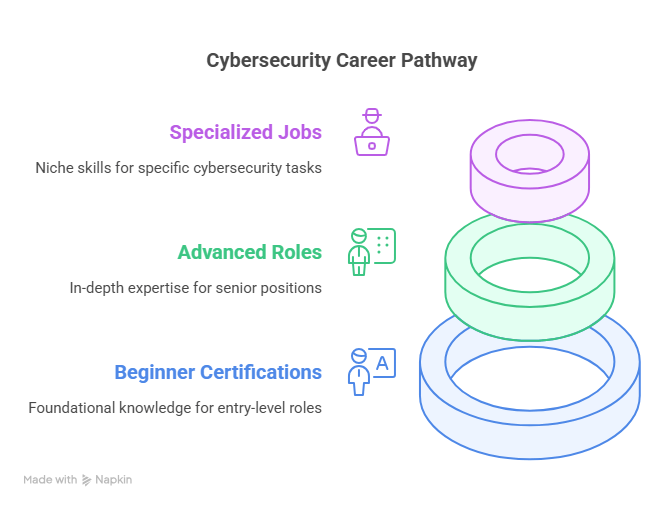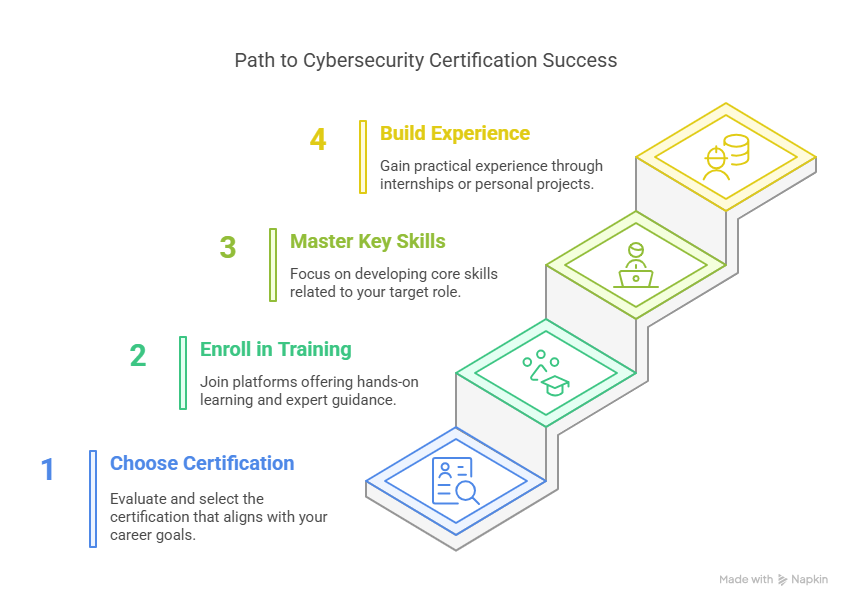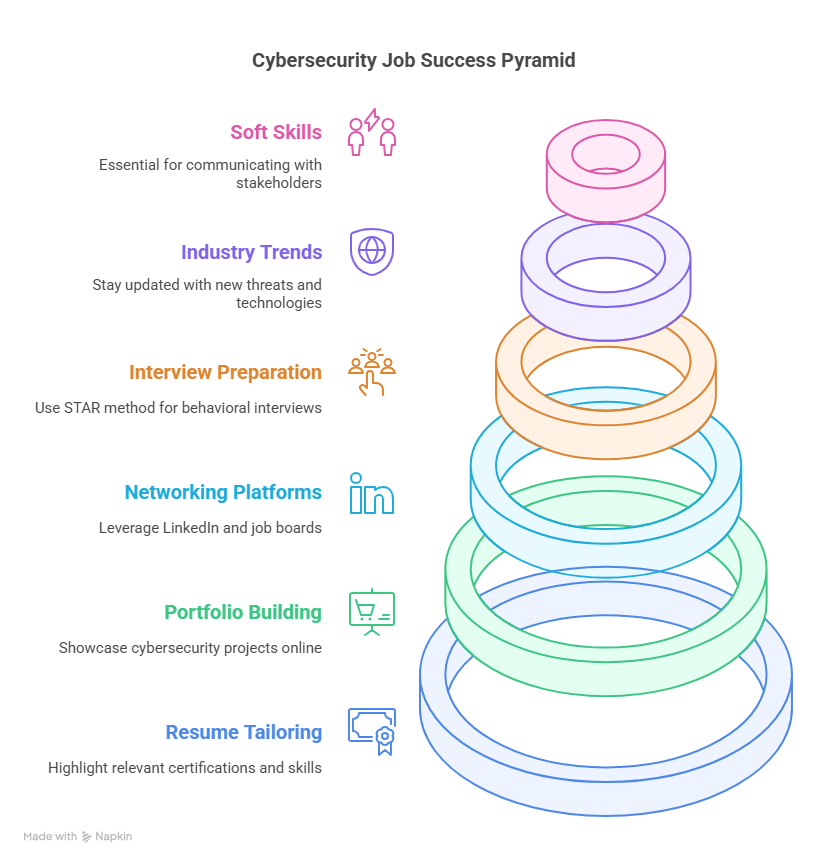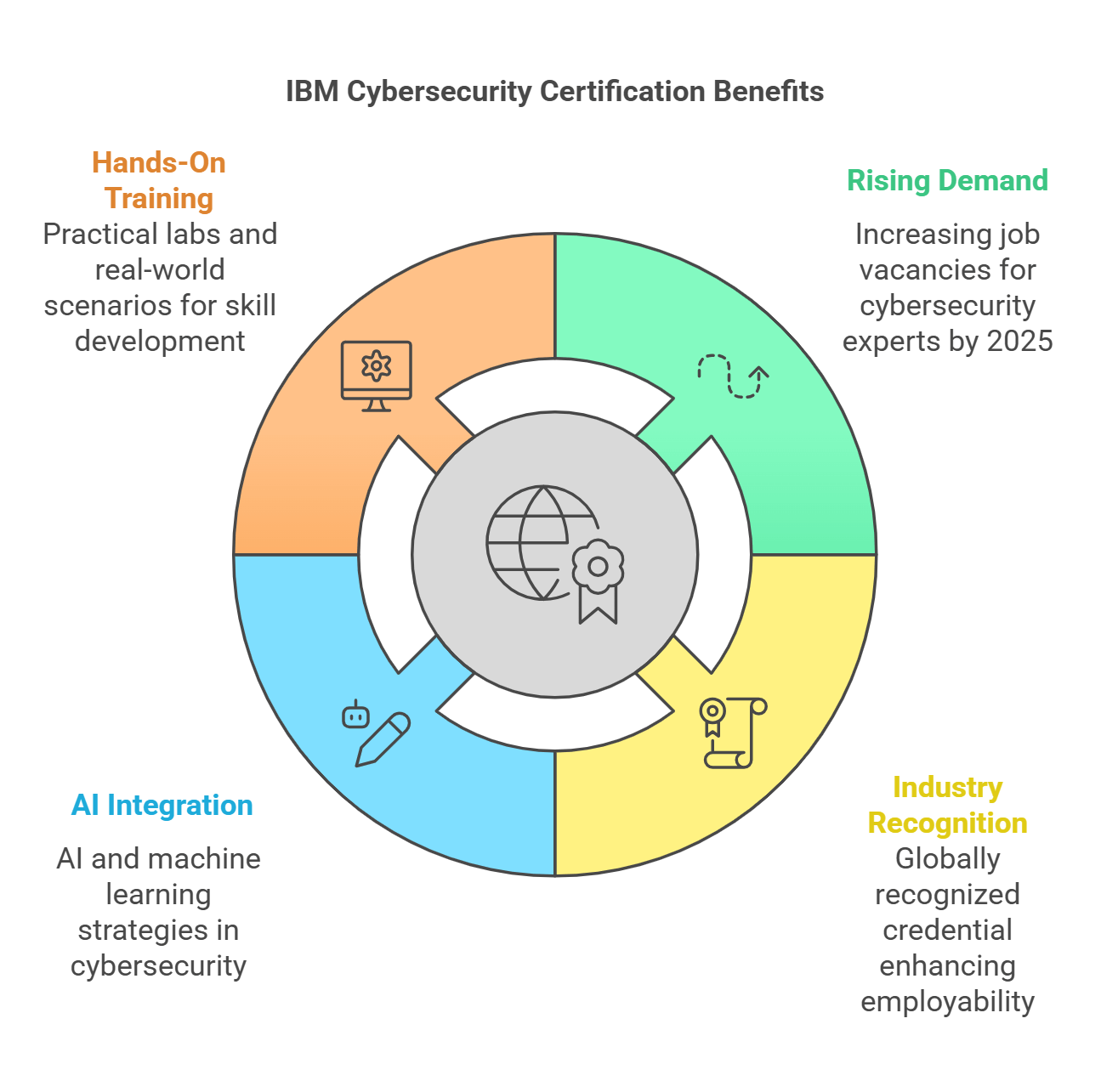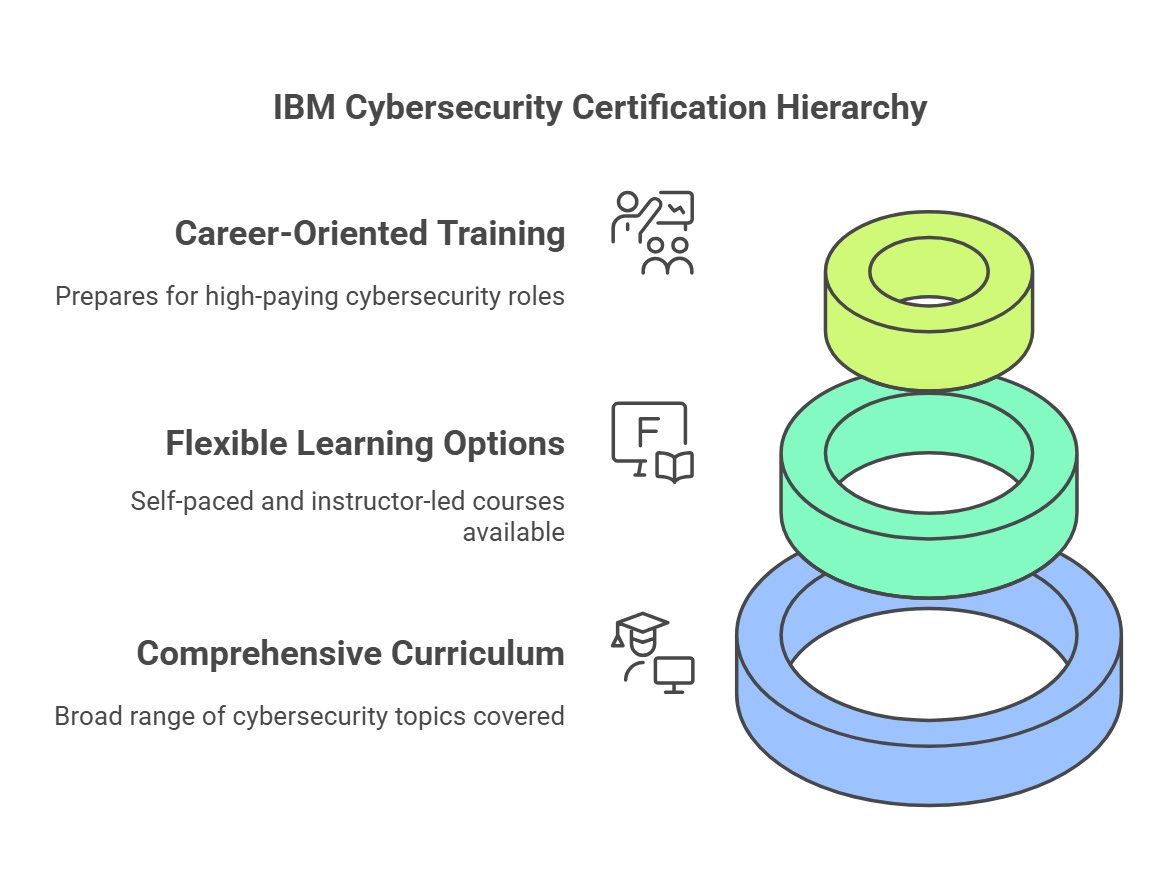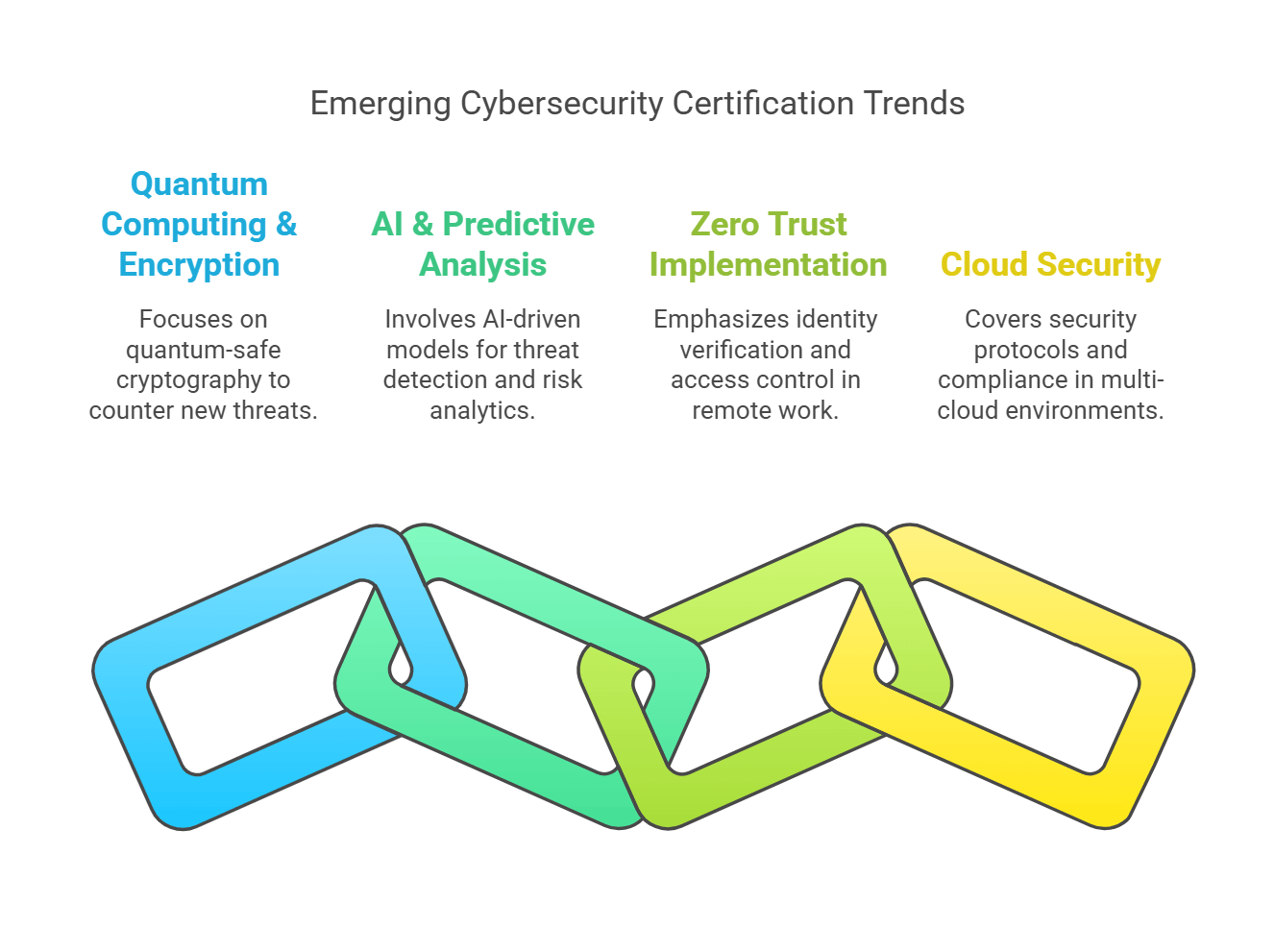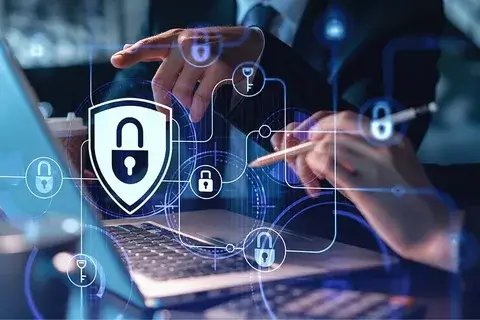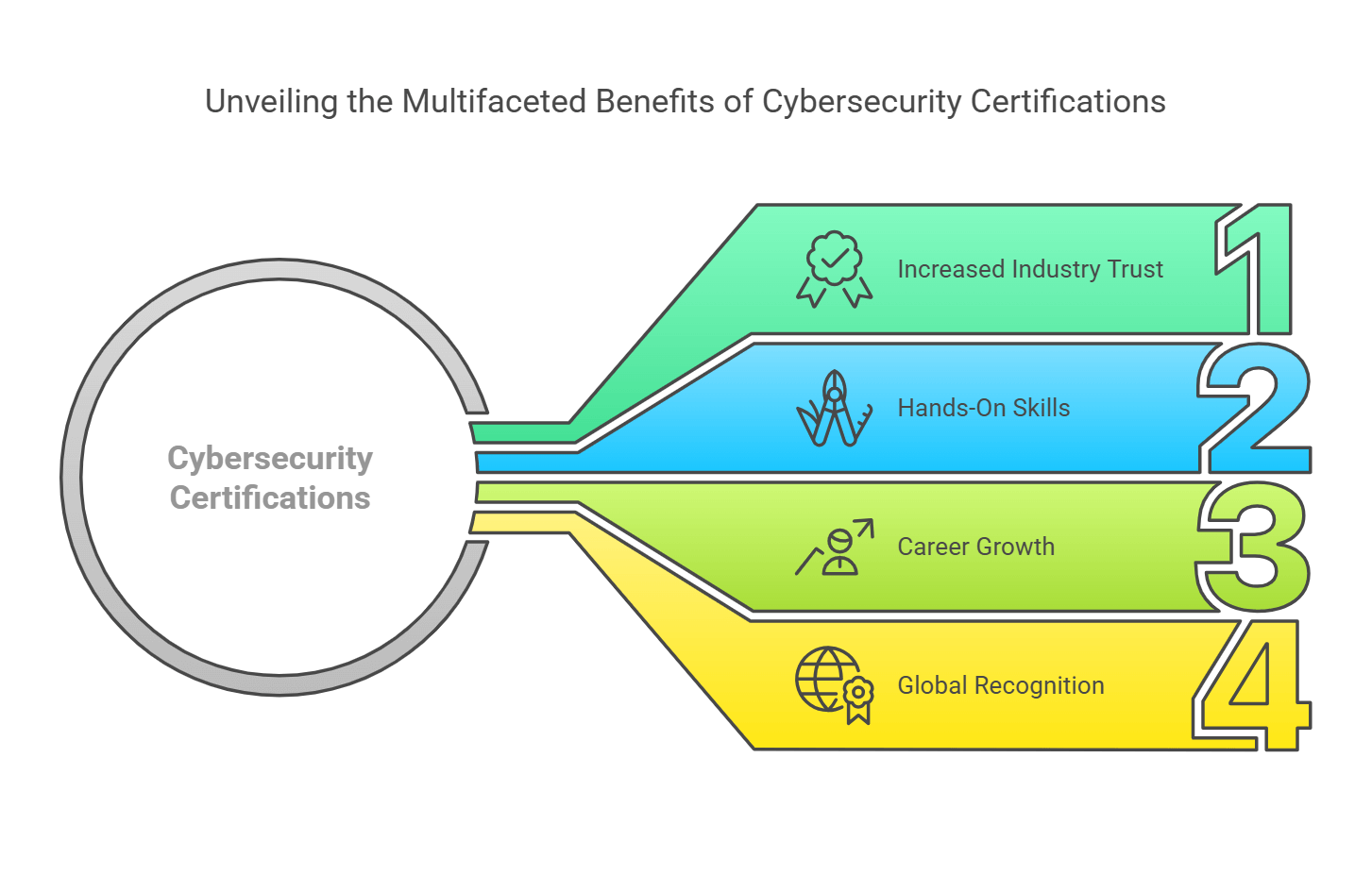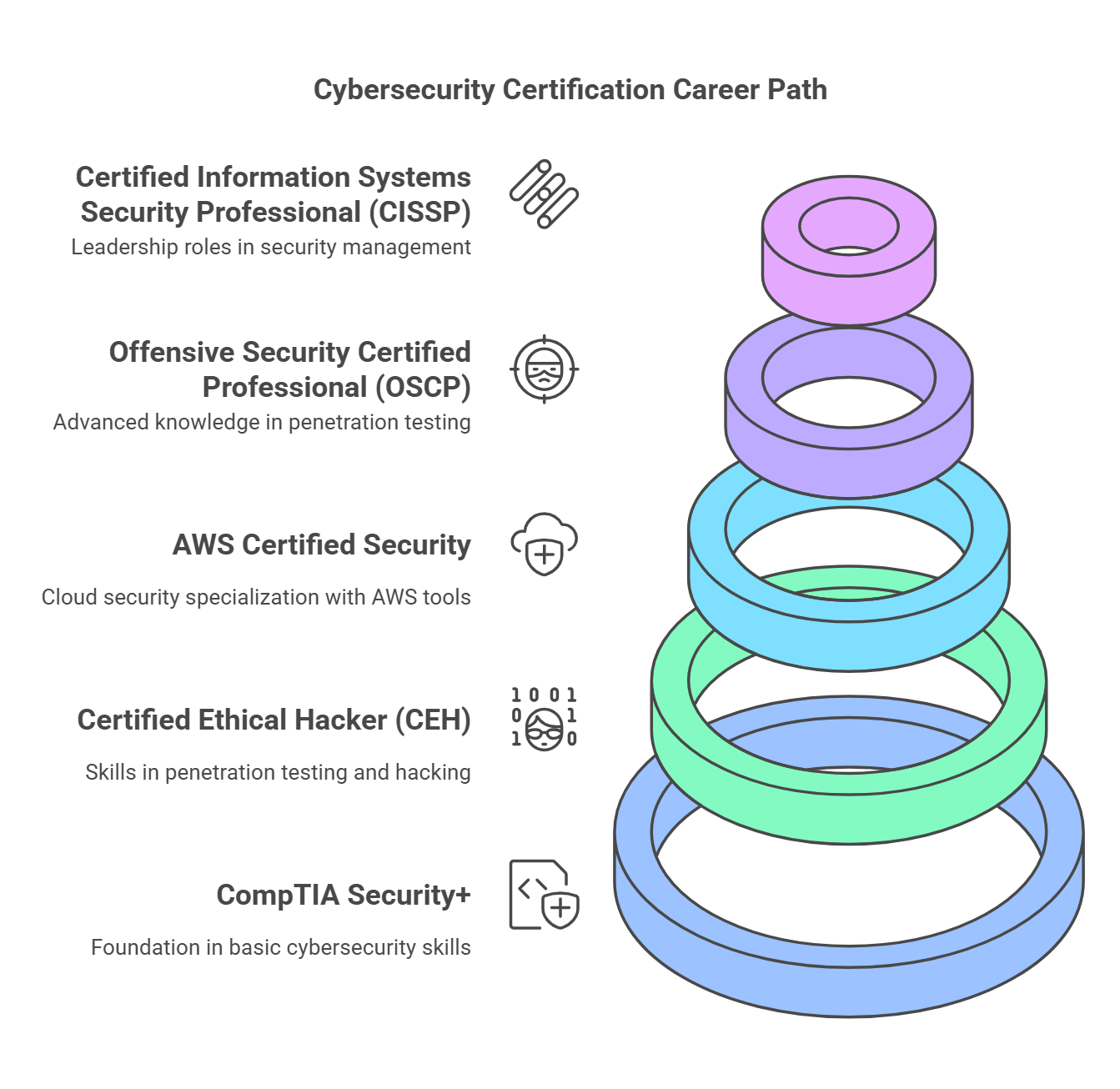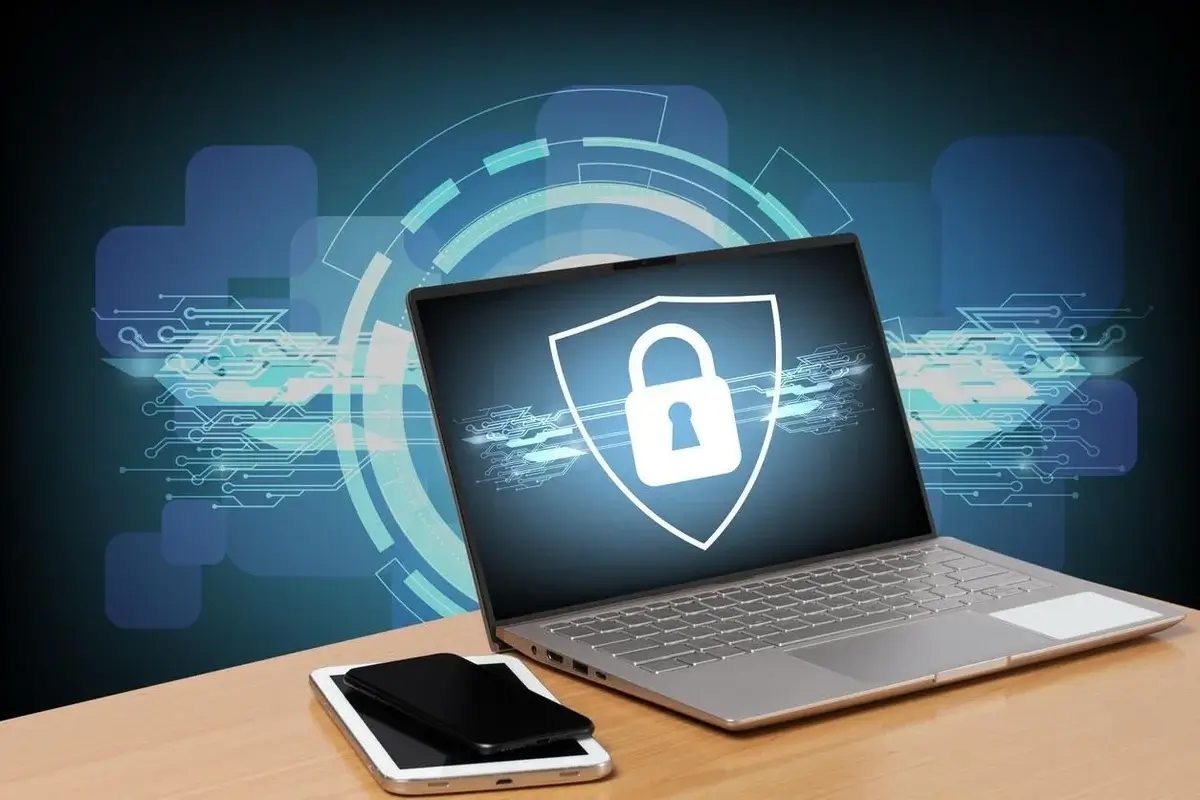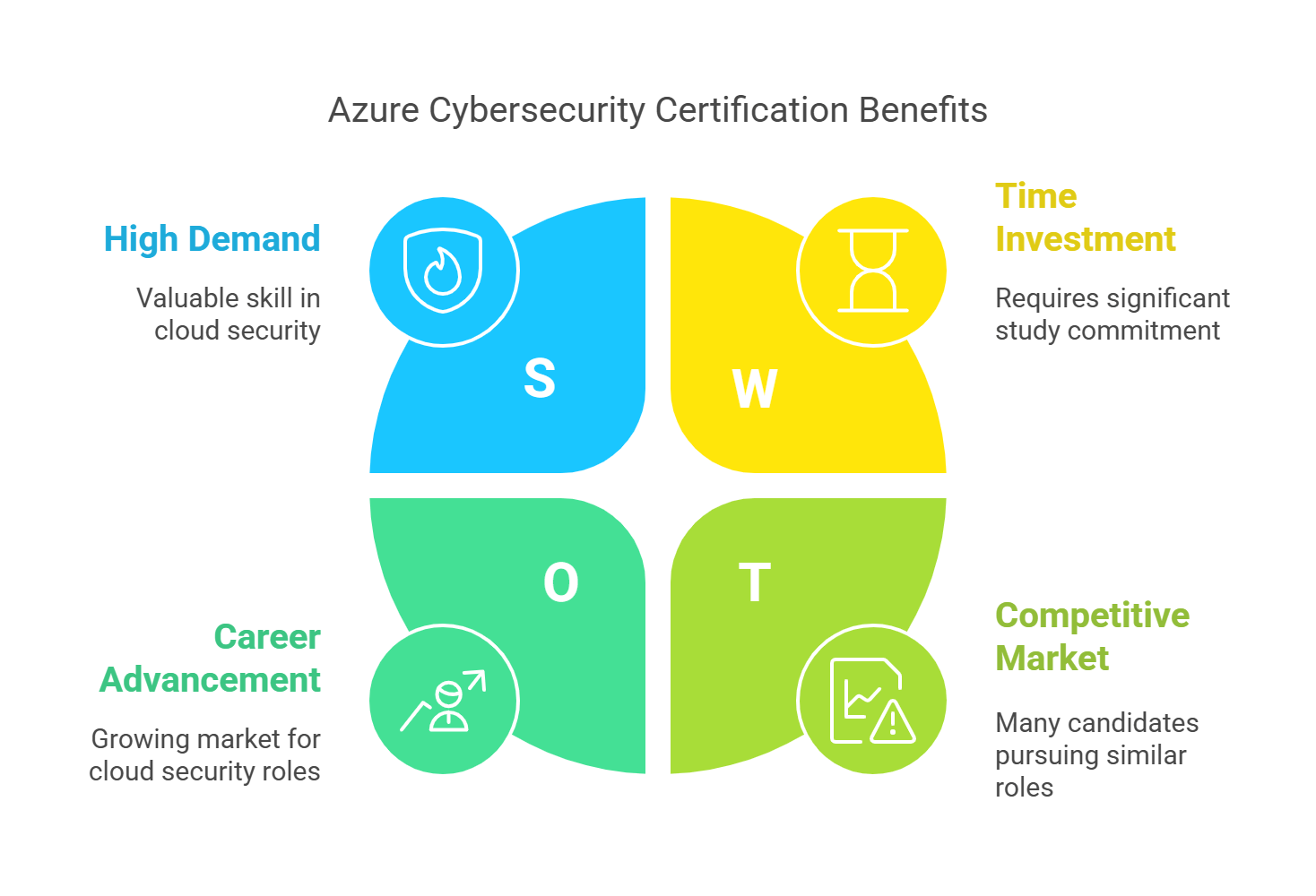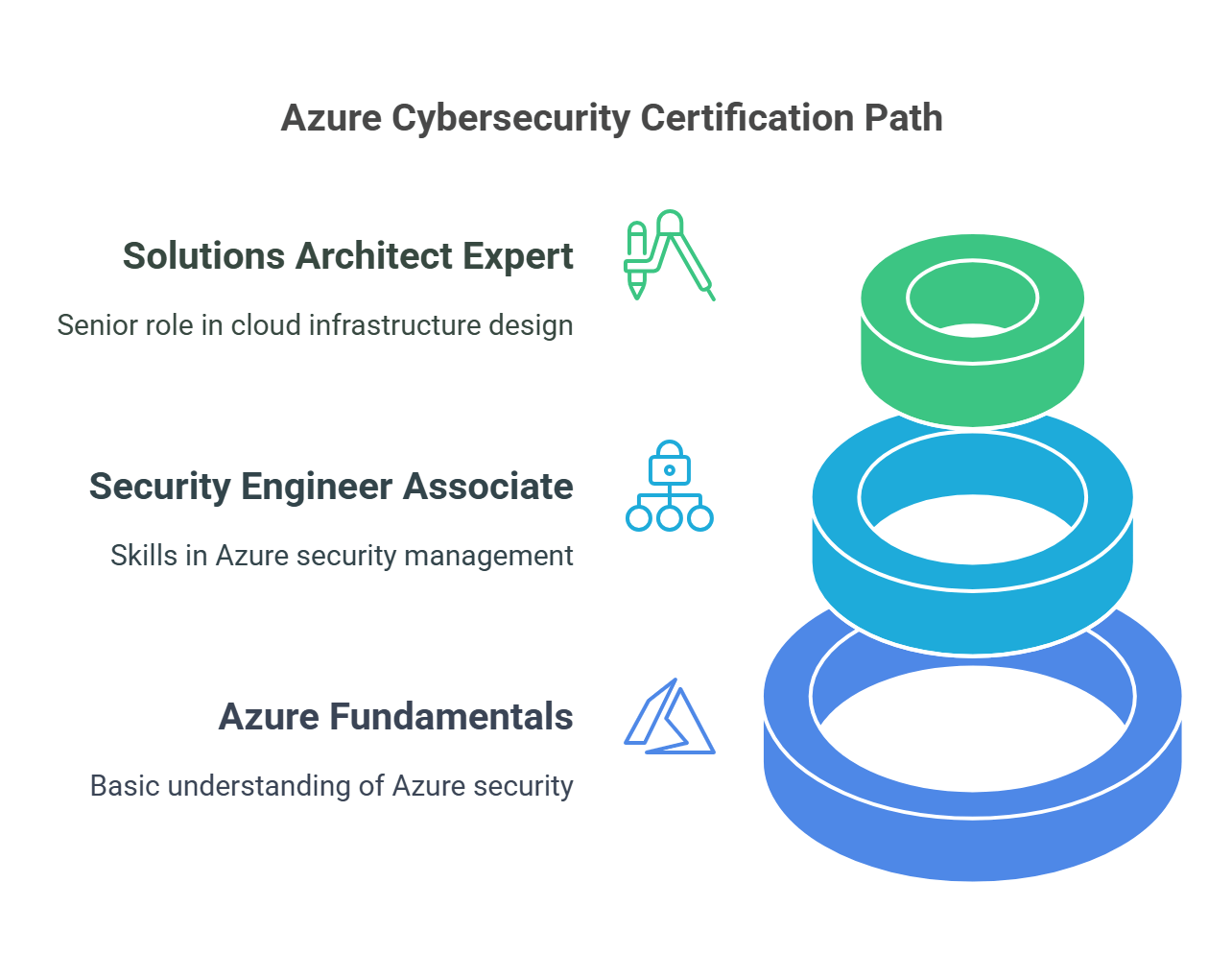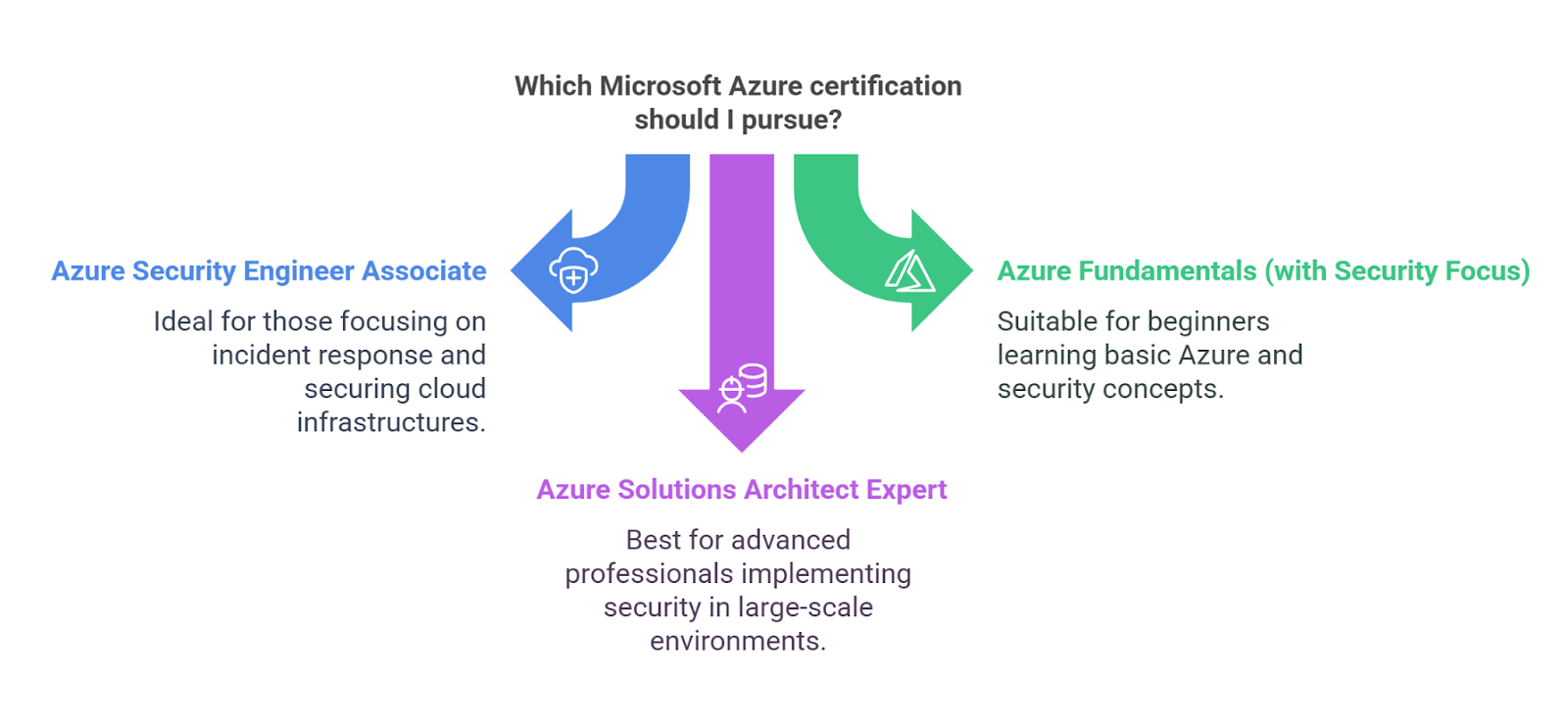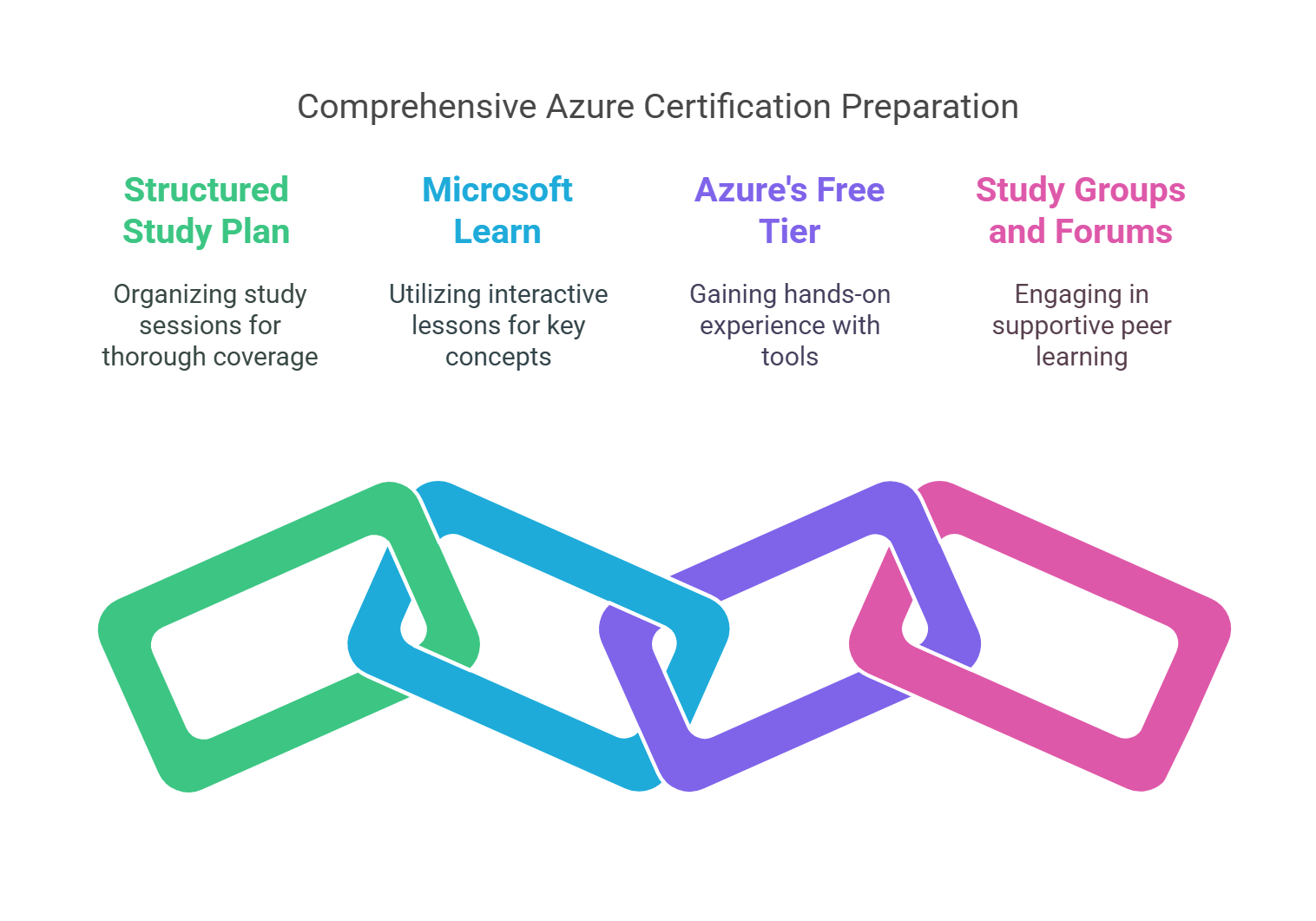Table of Contents
- What is Cybersecurity Auditor Certification?
- Why Is Cybersecurity Auditor Certification Important?
- Steps to Obtain Cybersecurity Auditor Certification
- Key Skills You’ll Gain from Cybersecurity Auditor Certification
- Why Choose ACSMI Certifications?
- Helpful Tips and Guides for Passing the Cybersecurity Auditor Certification Exam
- Final Thoughts
- FAQ About Cybersecurity Auditor Certification
In the increasingly digital world of 2025, cybersecurity has become a critical industry, with businesses and governments battling cyber threats every day. One of the most important roles in safeguarding sensitive data is that of the cybersecurity auditor. These professionals are responsible for evaluating and enhancing the security frameworks that protect an organization’s most valuable digital assets. As the demand for cybersecurity professionals continues to grow, the Cybersecurity Certification of Compliance has emerged as a key credential for those looking to advance in this essential field.
Whether you are an experienced IT professional looking to specialize or someone just starting their career, the Cybersecurity Certification of Compliance is a stepping stone that will elevate your career. This article takes an in-depth look at the importance of cybersecurity auditor certification, the steps to obtain it, and why ACSMI’s 400+ modules offer a comprehensive path to mastering cybersecurity auditing.
What is Cybersecurity Auditor Certification?
The cybersecurity auditor certification validates your expertise in evaluating and maintaining the security of an organization’s digital infrastructure. This certification ensures that professionals are capable of assessing risks, identifying vulnerabilities, and ensuring that cybersecurity measures align with relevant regulations and standards. It is a credential that proves you can protect organizations against cyber threats, safeguarding sensitive data and building resilient systems.
This certification is highly regarded in the cybersecurity field, demonstrating that you have the skills and knowledge necessary to prevent and manage security risks. The increasing need for businesses and government agencies to comply with stringent security protocols has made certified cybersecurity auditors highly sought after, making it an in-demand role.
Why Is Cybersecurity Auditor Certification Important?
As the cyber threat landscape continues to evolve, cybersecurity auditors are essential for ensuring that organizations can protect themselves from risks. Earning a Healthcare Cybersecurity Certification enhances your expertise in safeguarding sensitive medical data and ensures compliance with industry regulations. Below are the key benefits of becoming a certified cybersecurity auditor:
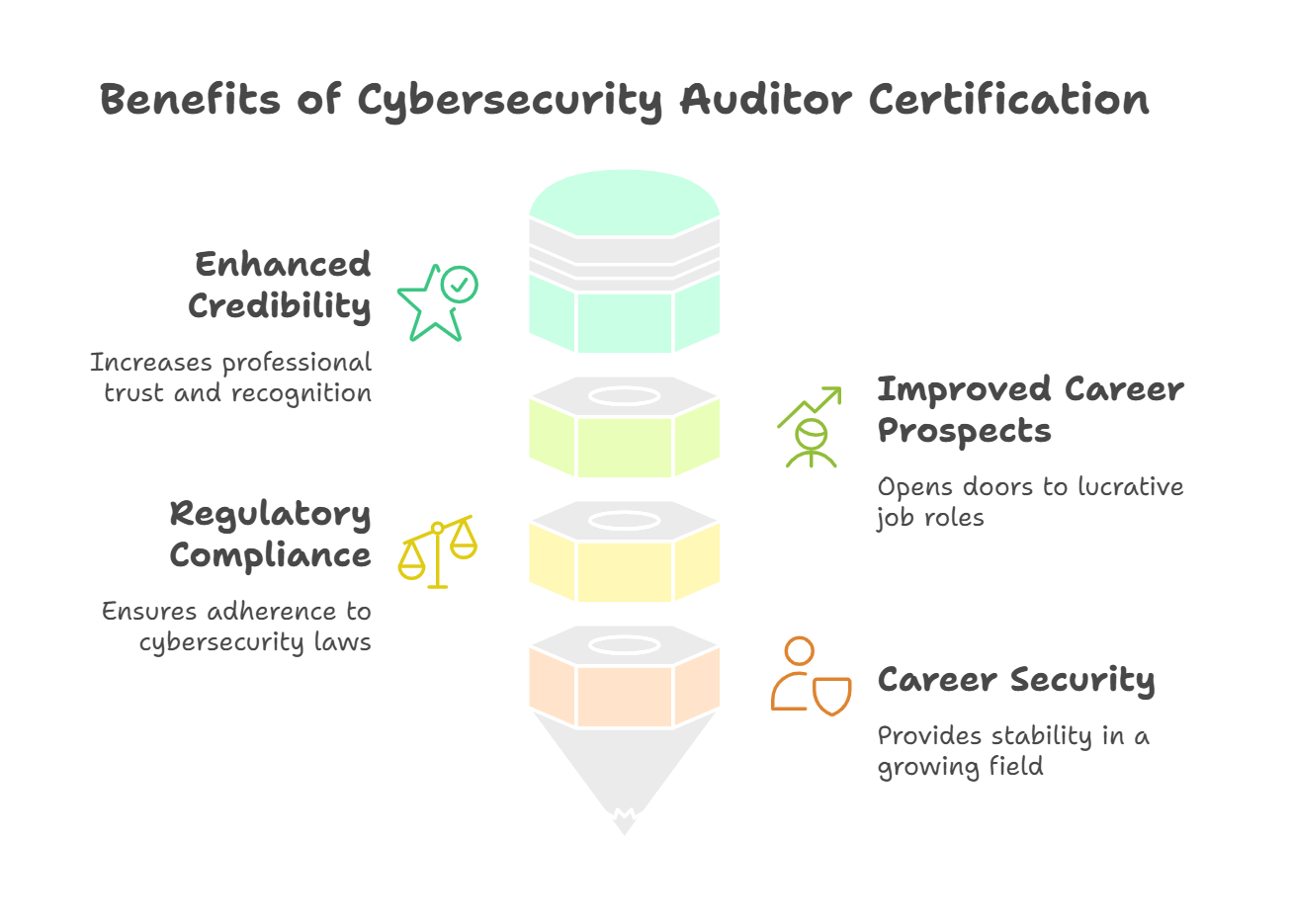
1. Enhanced Credibility
Earning the cybersecurity auditor certification enhances your professional credibility, showcasing your expertise in safeguarding digital systems and securing sensitive information. Being certified places you among the top professionals in the cybersecurity industry, signaling your commitment to excellence and upholding industry standards.
2. Improved Career Prospects
The demand for cybersecurity auditors is rising as more companies understand the importance of cybersecurity audits. With a certification, you are more likely to land lucrative positions such as security auditor, compliance specialist, or risk analyst. These positions offer competitive salaries and significant career growth potential.
3. Regulatory Compliance
As governments worldwide continue to mandate stringent cybersecurity protocols, having a certified cybersecurity auditor on the team is crucial. A certified professional helps ensure that an organization’s cybersecurity measures meet regulatory standards such as GDPR, HIPAA, and the Cybersecurity Maturity Model Certification (CMMC), which are increasingly required for businesses to operate in regulated industries.
4. Career Security
As cybersecurity becomes more critical in our digital world, the demand for certified auditors continues to rise. This certification offers job security in a growing and high-paying field. With the expanding number of cyber threats, organizations will always need professionals to ensure their systems remain protected.
Steps to Obtain Cybersecurity Auditor Certification
The journey to obtaining cybersecurity auditor certification involves several key steps. Here’s a breakdown of what you need to do:
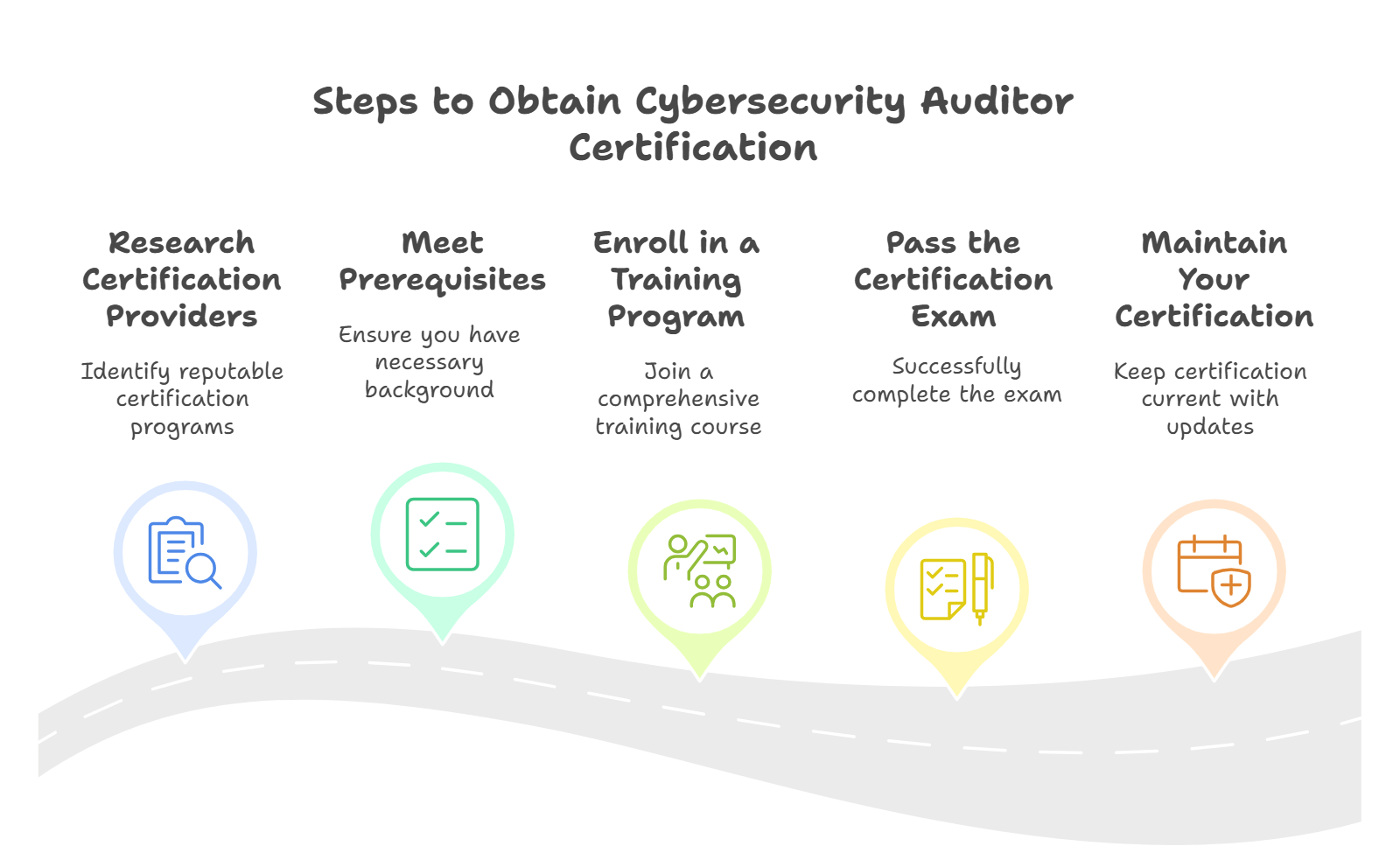
Step 1: Research Certification Providers
It is essential to choose a reputable certification provider. Reputable programs such as ACSMI offer in-depth, up-to-date modules covering all aspects of cybersecurity auditing. Thorough research will help you identify the certification that best fits your career aspirations and learning goals.
Step 2: Meet Prerequisites
Before enrolling in a certification program, ensure you meet the prerequisites. Most cybersecurity auditor certifications require prior knowledge of IT systems, risk management, or cybersecurity. A bachelor’s degree in computer science, information technology, or a related field is often recommended, but some certifications also cater to professionals with hands-on experience in IT.
Step 3: Enroll in a Training Program
To prepare for your certification, you’ll need to enroll in a training program. Programs like ACSMI’s 400+ modules provide a comprehensive learning path that covers everything from vulnerability assessments to regulatory compliance. These programs help ensure you’re fully prepared for the exam and ready to apply what you’ve learned in the field.
Step 4: Pass the Certification Exam
Once you’ve completed your training, it’s time to take the certification exam. The exam typically tests both theoretical knowledge and practical application. Preparing with mock exams, study guides, and hands-on practice will ensure you’re ready to successfully pass.
Step 5: Maintain Your Certification
After earning your certification, it’s important to maintain it. Many certifications require continuing education and periodic renewals to ensure you stay up to date with the latest cybersecurity trends and best practices. This may include attending webinars, completing additional modules, or obtaining CPE (Continuing Professional Education) credits.
Key Skills You’ll Gain from Cybersecurity Auditor Certification
Earning a cybersecurity auditor certification equips you with several key skills that are crucial for succeeding in the field:
-
Risk Assessment Expertise: Learn how to identify vulnerabilities, assess risks, and provide actionable solutions to mitigate potential threats.
-
Compliance Knowledge: Stay current with global and local regulations such as GDPR, HIPAA, and CMMC, ensuring that organizations meet necessary compliance requirements.
-
Data Security Leadership: Lead security audits and help develop data protection frameworks to safeguard an organization’s most valuable assets.
-
Incident Response: Understand how to respond to security breaches, contain threats, and recover from cyber incidents.
Why Choose ACSMI Certifications?
ACSMI is a leader in providing advanced cybersecurity training, including comprehensive modules for cybersecurity auditors. Here’s why ACSMI stands out:
-
400+ Modules: ACSMI’s certification program offers over 400 modules covering a wide range of topics from basic to advanced cybersecurity auditing. Whether you’re new to the field or looking to specialize, ACSMI’s modular system ensures you can tailor your learning to your needs.
-
Expert Guidance: Learn from industry specialists who provide real-world insights and actionable advice. ACSMI instructors are seasoned professionals with hands-on experience in cybersecurity auditing.
-
Flexible Learning: ACSMI’s online platform allows you to access training materials at any time, making it ideal for professionals with busy schedules. Learn at your own pace and on your own terms.
-
Global Recognition: ACSMI certifications are recognized by top cybersecurity employers globally. This certification can significantly boost your credibility and employability in the cybersecurity industry.
Helpful Tips and Guides for Passing the Cybersecurity Auditor Certification Exam
The journey to becoming a cybersecurity auditor can be challenging, but with the right approach, success is within reach. Here are some practical tips to guide you along the way:
-
Create a Structured Study Plan: Break down your study materials into smaller, manageable chunks and create a study schedule to stay on track.
-
Use Multiple Learning Resources: Complement your ACSMI modules with additional resources like books, webinars, and online forums to get a broader perspective on cybersecurity auditing.
-
Practice with Real-World Scenarios: Use case studies, vulnerability scanners, and other tools to simulate real-world audit scenarios.
-
Join Communities and Forums: Network with peers and experts in the cybersecurity field through forums and communities on platforms like LinkedIn or Reddit.
-
Stay Updated on Industry Trends: Follow industry blogs, attend webinars, and enroll in continuous education programs to stay informed about emerging threats and regulations.
-
Use Practice Exams: Take practice exams to familiarize yourself with the exam format and identify areas for improvement.
-
Develop Hands-On Skills: Familiarize yourself with cybersecurity auditing tools such as Nessus, Wireshark, and Splunk through hands-on practice.
-
Leverage ACSMI’s Learning Platform: Use the ACSMI learning platform to access all the resources, mock exams, and materials you need to succeed.
-
Take Care of Your Well-Being: Make sure to take breaks and rest to avoid burnout. Proper rest helps improve retention and performance.
-
Keep Your Motivation High: Stay focused on your goals. Whether it’s career advancement or professional recognition, remind yourself of why you’re pursuing this certification.
Final Thoughts
Cybersecurity auditing is a critical profession that will continue to grow as organizations prioritize security. By obtaining a cybersecurity auditor certification, you’ll not only validate your expertise but also open doors to rewarding and lucrative career opportunities.
The ACSMI certification, with its 400+ modules and comprehensive curriculum, stands out as a premier choice for those looking to specialize in cybersecurity auditing. Whether you’re starting your career or seeking to advance to senior roles, this certification equips you with the tools and knowledge necessary to succeed in the ever-evolving world of cybersecurity.
Now is the time to invest in your future. Start your journey toward certification today and unlock new career opportunities in the booming cybersecurity field!
FAQ About Cybersecurity Auditor Certification
1. What is the average cost of getting certified?
The cost of cybersecurity auditor certification varies, but top programs like ACSMI typically range from $1,000 to $2,500.
2. Is cybersecurity auditor certification worth it?
Yes! Certified cybersecurity auditors enjoy higher earning potential, better job prospects, and greater credibility in the cybersecurity industry.
3. How long does it take to become certified?
The timeline varies depending on your learning pace, but most candidates complete their training and certification within 3–6 months.
4. Can I complete ACSMI’s courses online?
Yes, ACSMI’s platform offers completely online learning, making it convenient for working professionals and learners from anywhere.
5. Do I need experience in IT to apply for certification?
While prior experience is beneficial, ACSMI’s programs accommodate learners at various skill levels, including beginners.


